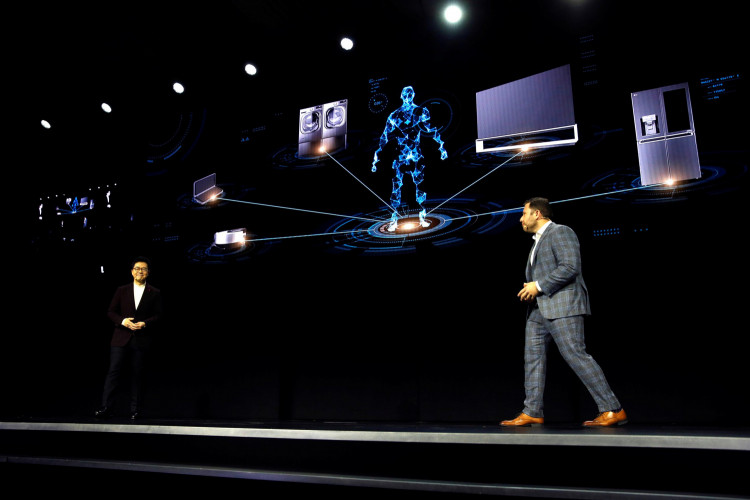At a news briefing on Friday, the ministry of science and technology reported that China said it would continue to promote the use of artificial intelligence in everyday life and that technology similar to ChatGPT has many uses.
The Chen brothers are by all accounts among the leaders; their Cambricon-1A processor had its commercial debut last fall in a Huawei smartphone described as the world's first "real AI phone." Tech corporations and computer science departments all around the world are now seeking AI-optimized semiconductors.
Only a few years ago, such revolutionary advancements far from Silicon Valley were difficult to anticipate. "China has lagged behind the U.S. in cutting-edge hardware design," Paul Triolo, an analyst at the Eurasia Group in Washington said.
The nation is making significant investments across the board in AI, from chips to algorithms. For instance, the Chen brothers created their chip while working at the Chinese Academy of Sciences' Institute of Computer Technology here, and the academy provided them with startup money when they founded Cambricon in 2016.
The central government and Chinese businesses have been announcing AI initiatives one after another in recent months. The state news service Xinhua stated last month that China will construct a $2.1 billion artificial intelligence technology park in Beijing's western suburbs as one of its most recent initiatives.
It might take years before it becomes evident whether that windfall would benefit the AI sector. But, the hard facts favor China: In 2016, the U.S. government spent over $1.2 billion on unclassified AI programs, according to In-Q-Tel, a research branch of the American intelligence establishment.
China is the greatest producer and consumer in the world, with huge demand for goods like industrial robots. It is also one of the largest Internet marketplaces, with some 800 million connected individuals who could be interested in purchasing items with AI capabilities. International cooperation is necessary to both meet consumption needs and reap the benefits of global knowledge production.
OpenAI published ChatGPT, an AI chatbot system, in November to demonstrate and test the capabilities of a very big, powerful AI system. You can ask it any number of questions, and you'll frequently get a helpful response.
ChatGPT is quite significant. In regions where there is sufficient training data for it to learn from, the tool appears to be fairly knowledgeable. It isn't yet omniscient or intelligent enough to completely replace all people, but it is capable of being inventive and its responses can sound very authoritative. Within a few days of its debut, ChatGPT had been used by more than a million people.






